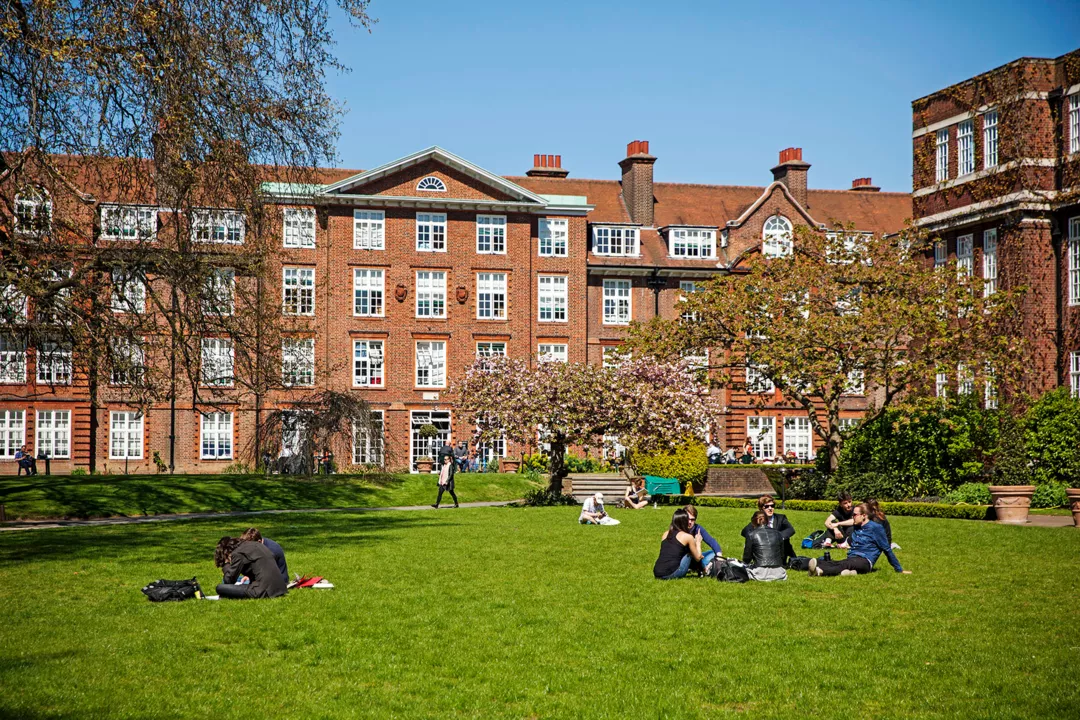-
hello@abroadcube.com
Mail us
-
Call For Help:
98779 83783
-
Whatsapp Us
70090 34921
Global politics is undergoing fast and increasingly dramatic change. This course offers a thorough analysis of international relations, providing insight into the complexities of global politics from a range of perspectives.
Through discussions and debates in class, students will carry out a detailed examination of international relations – analysing both historic events and current issues in the global political landscape, from power and responsibility to humanitarian and environmental law. Students will study a wide range of theoretical perspectives across international relations and the social sciences, giving them a unique interdisciplinary basis from which to examine world affairs.
Students will analyse the relationships between countries, institutions, international non-governmental organisations (INGOs) and non-state operators – exploring the internal structures of international institutions (such as the United Nations) and the complexities and processes involved in world affairs, including the importance of international law.
The research and analytical skills students develop will be matched by a strong practical focus, using current case studies to illustrate how theory relates to practice – developing new policy strategies and solutions. Students will be exposed to leading practitioners in politics, human rights, media and academia, who'll provide cutting-edge analysis and bring the subject to life by sharing their direct experiences.
Plus, students will have the chance to join a Model United Nations Conference: taking part in organised debates and panel discussions with over 2500 students from across London.
Students will graduate with both a broad and deep understanding of international relations, geopolitics and human rights – prepared for an exciting career in the fast-moving and uncertain world of global politics. The alumni have successfully launched careers in international organisations and inter-governmental institutions such as the UN and the EU, and have explored policy-making and human rights.
| Level | Masters |
| Discipline | Business & Management |
| Duration | 12 months |
| Intakes | Sep |
| Application Fees | GBP 0 |
| Tuition Fees | GBP 20500 |
| Campus | Main |
| Language proficiency (minimum) | |
| IELTS | 6.5 |
|---|---|
| TOEFL | Not Accepted |
| PTE | 67 |
| Duolingo | Not Accepted |
| Exam proficiency (minimum) | |
| SAT | Not Required / Waiver |
|---|---|
| ACT | Not Required / Waiver |
| GRE | Not Required / Waiver |
| GMAT | Not Required / Waiver |
Minimum GPA - 60%
QS Quacquarelli Symonds is the world’s leading provider of services, analytics, and insight to the global higher education sector, whose mission is to enable motivated people anywhere in the world to fulfil their potential through educational achievement, international mobility, and career development.
THE (Times Higher Education) has been providing trusted performance data on universities for students and their families, academics, university leaders, governments and industry, since 2004. We create university rankings to assess university performance on the global stage and to provide a resource for readers to understand the different missions and successes of higher education institutions.
The Academic Ranking of World Universities (ARWU) was first published in June 2003 by the Center for World-Class Universities (CWCU), Graduate School of Education (formerly the Institute of Higher Education) of Shanghai Jiao Tong University, China, and updated on an annual basis
The "Webometrics Ranking of World Universities" is an initiative of the Cybermetrics Lab, a research group belonging to the Consejo Superior de Investigaciones Científicas (CSIC), the largest public research body in Spain. CSIC is among the first basic research organizations in Europe. The CSIC consisted in 2006 of 126 centers and institutes distributed throughout Spain.

